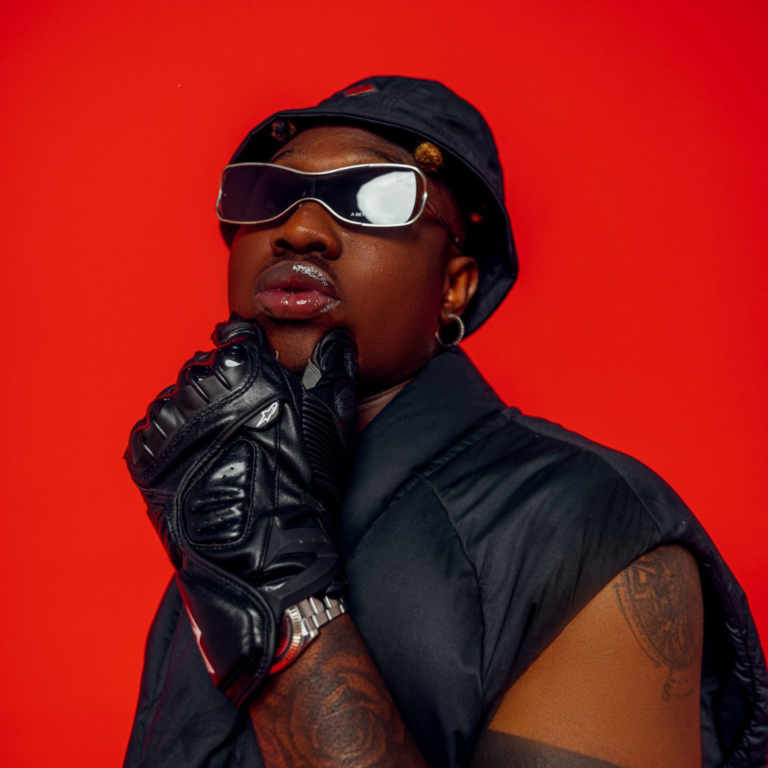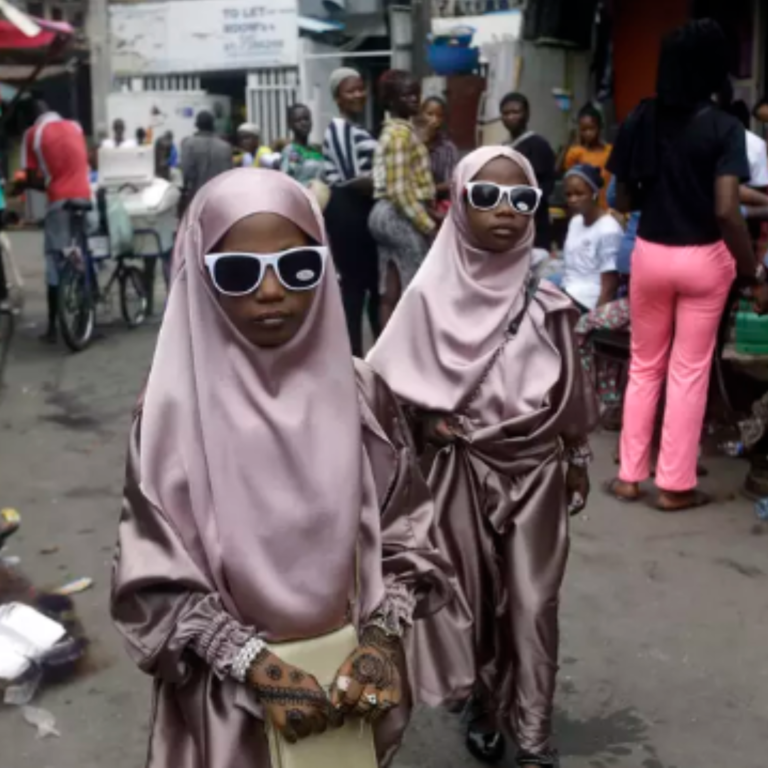To the average Nigerian music listener in Nigeria, shedding an emotional burden on wax is synonymous with making music for those who are losing it. The younger audience, especially, gives the music a distinctive, morose name like Afro-depression quicker than the artist can say what actually inspires their tracks. Before they know it, they’ve become a spokesperson for the listener’s existential crises.
This is the box Lucid, a 22-year-old singer from Abuja born Victor Barnabas Nanribetmun, has found himself in, even though he doesn’t fit into it. Let’s examine Lucid’s inspiration and what it means to be a young artist in 2024, stripping down the stereotypes about his music to decipher the context of his two popular “Afro-depression” songs, Hooligan and Therapy.
Since Omah Lay’s 2020 “Get Layd” release that drowned him purple in vulnerability and confessions, there’s been a sudden buzz use of the word “depression” in connection with Nigerian music. No doubt, mental health deserves more awareness, and Omah’s music has a melancholy to it. His soft Afropop, soulful falsetto and emo-focused phrasings have inspired more artists.
Lucid is one of them, but only on a sonic level.
Lucid caught my attention with Hooligan, a track that came out alongside Why in a two-song single package on February 7, 2024. He opened the song with “Righteous boy I am, but this life turn me to sinner man / And each time I do the best I can, something go turn me to hooligan”, a confession about taking unexpected turns when life doesn’t pan out how he wants. Scratching off the surface of the lyrics that painted him a depressed kid with little affinity for inside life, Hooligan expresses that extreme instincts take charge when faith is tested.
Although Lucid sings with an understanding of the duality of life, he maintains enough consciousness to stay in the right lane. “I’m lucky to come from a good background. My family are good folks. My dad is a pastor. But I understand that sometimes hands get dirty because it’s the only way to make something work out. That was how I felt when I wrote Hooligan, guided by the things I’ve heard and seen too,” the young singer said when I asked him about this.
“This life turn me to sinner man” from his Hooligan chorus brings to mind the “I’m a born sinner” line on J. Cole’s Born Sinner. In Christianity, every human is born a sinner, but we can get better through repentance. Although J. Cole swore he’d die better than a born sinner, Lucid is yet to find that clarity. Speaking of his hooliganism in the context of the song, he’s a young adult who finds himself drowning in liquor or in bed with a partner faster than he could finish his vow to abstain from both.
Therapy is a song off his seven-track “Hi I’m Lulu” EP that came out in May 2023 — the only song in his discography that actually hits on mental health. The lyrics express the feeling of speaking to no one, being alone, an undiagnosed mental health issue and his need for therapy. This song calls for concern for his health and not a satirical categorisation that sets artists up for uninformed comparisons and stan wars.
When I asked Lucid about the story behind Therapy, he said, “People around me might perceive me to be quiet and anti-social. This song tells them what I might not be able to tell them in actual conversations. It’s titled Therapy because I try to distract myself with anything I find therapeutic, which is mostly music. I know there are many people out there who can relate perfectly to this song, and my advice is to always try to be more positive, and whatever it is that takes you out of that dark space, use it as therapy.”
“Afro-depression” is considered a playful tag as a subgenre for Nigerian dysphoric contemporary music. This is the wave Lucid has decided to latch on to as long as the listener keeps his name and music in conversation. This became clear after I asked him why he hasn’t shut down the “Afro-depression” label. “Most Nigerians consider a jam that isn’t upbeat an Afro-depression song.” Naive, but he knows where his art belongs. “I get sad like every human, but I’m not a sad artist,” he stated.
Lucid is as poignant in some of his songs as he is fun and explores light topics in others. He’s a versatile artist who engages his Afropop heritage and sometimes channels his inner Travis Scott.
“I understand being a young artist in 2024 means being different and outstanding every day. Many young cats are working as hard as I am. We’re at a time when one needs to maximise whatever he has. I can’t relent.” Lucid sees the saturated industry’s competition as motivation and charges it to continue to improve.
His music isn’t Afro-depression, neither is it a musical offspring of Omah Lay’s. If anyone is carefully listening, Lucid’s music mirrors his experiences with matters of the heart, like love, intimacy and heartbreak. He wants to make evergreen music like his top influences, Fela Kuti and Asa.




